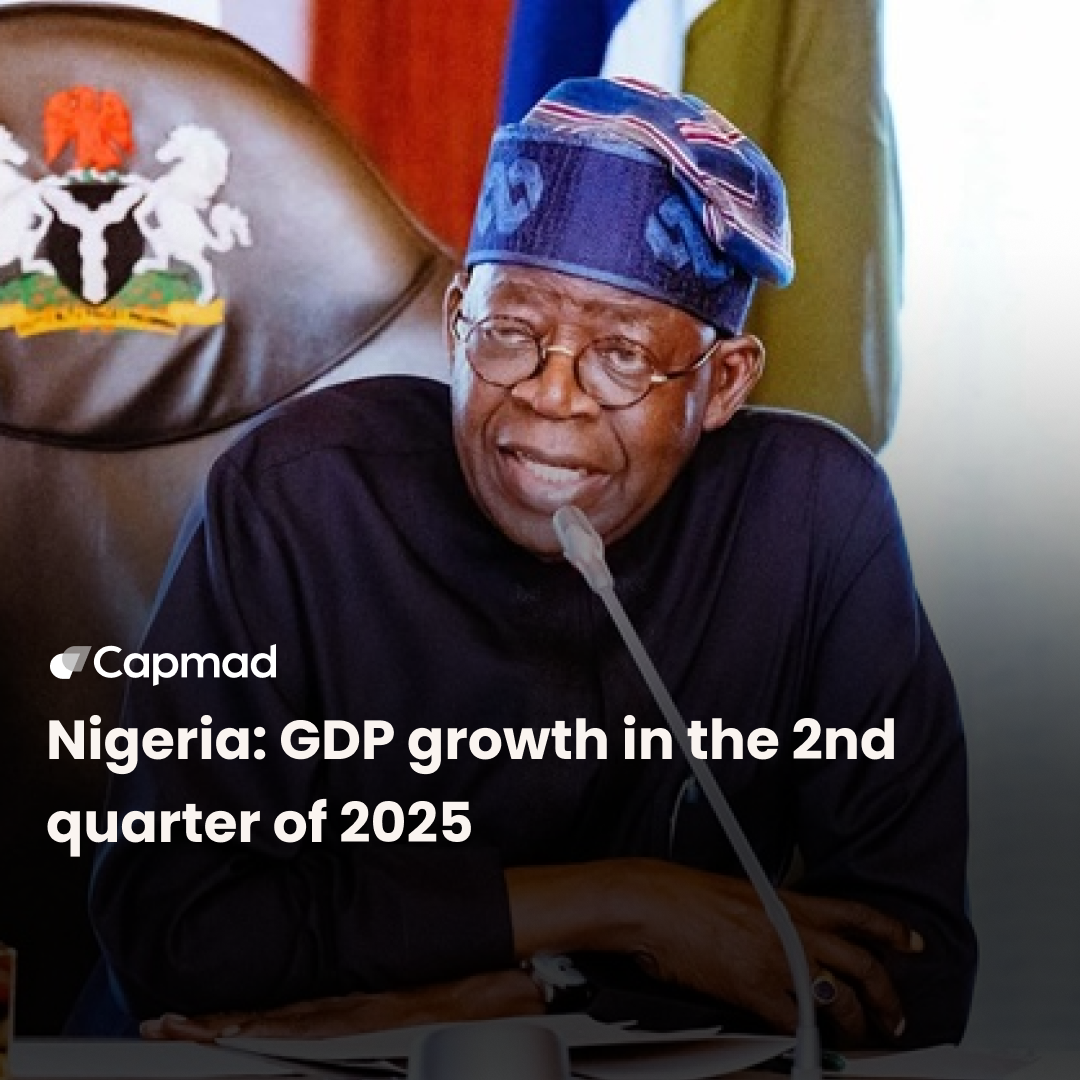The National Bank of Ethiopia (NBE) announced a significant decline in the inflation rate for August 2025, which fell to 13.6%, compared to over 17% in May of the same year. This decline is an encouraging sign for the Ethiopian economy and demonstrates the positive effects of the NBE’s strict monetary policy.
A significant decline in inflation
The annual inflation rate declined for the third consecutive month, reaching its lowest level since March 2025. In July, it stood at 13.7%, falling to 13.6% in August, marking a trend toward moderating inflationary pressures in the country. This development is mainly due to a slowdown in non-food inflation, which fell from 16.1% in July to 15.1% in August, while food inflation accelerated slightly, rising from 12.1% to 12.7% year-on-year.
Favorable Economic Factors
Several economic factors contributed to this decline in inflation. Agricultural production was dynamic, as were exports of coffee, gold, and related services such as air transport and tourism. Industrial growth also played a positive role. At the same time, imports of semi-finished and consumer goods declined slightly, limiting pressure on domestic prices.
Monetary Policy and Financial Markets
The National Bank of Ethiopia’s tight monetary policy remains a key factor in controlling inflation. On the financial front, the yield on 91-day Treasury bills fell from 17.6% in June to 15% in August. Interbank rates, meanwhile, remained stable at around 13.7%. The money supply increased by 23.1% year-on-year, but bank lending conditions remain cautious, with a limited 5.4% increase in credit since June 2025. Furthermore, the government did not borrow from the central bank during the first two months of the 2025/2026 fiscal year.
Outlook and Challenges
The improvement in the inflationary situation is a positive signal for Ethiopia’s macroeconomic stability. The National Bank of Ethiopia (NBE) raised its credit growth target for the 2025/2026 fiscal year, reflecting growing confidence in the economic recovery. However, inflation remains relatively high by international standards, which calls for heightened vigilance to avoid a resurgence of inflationary pressures.






